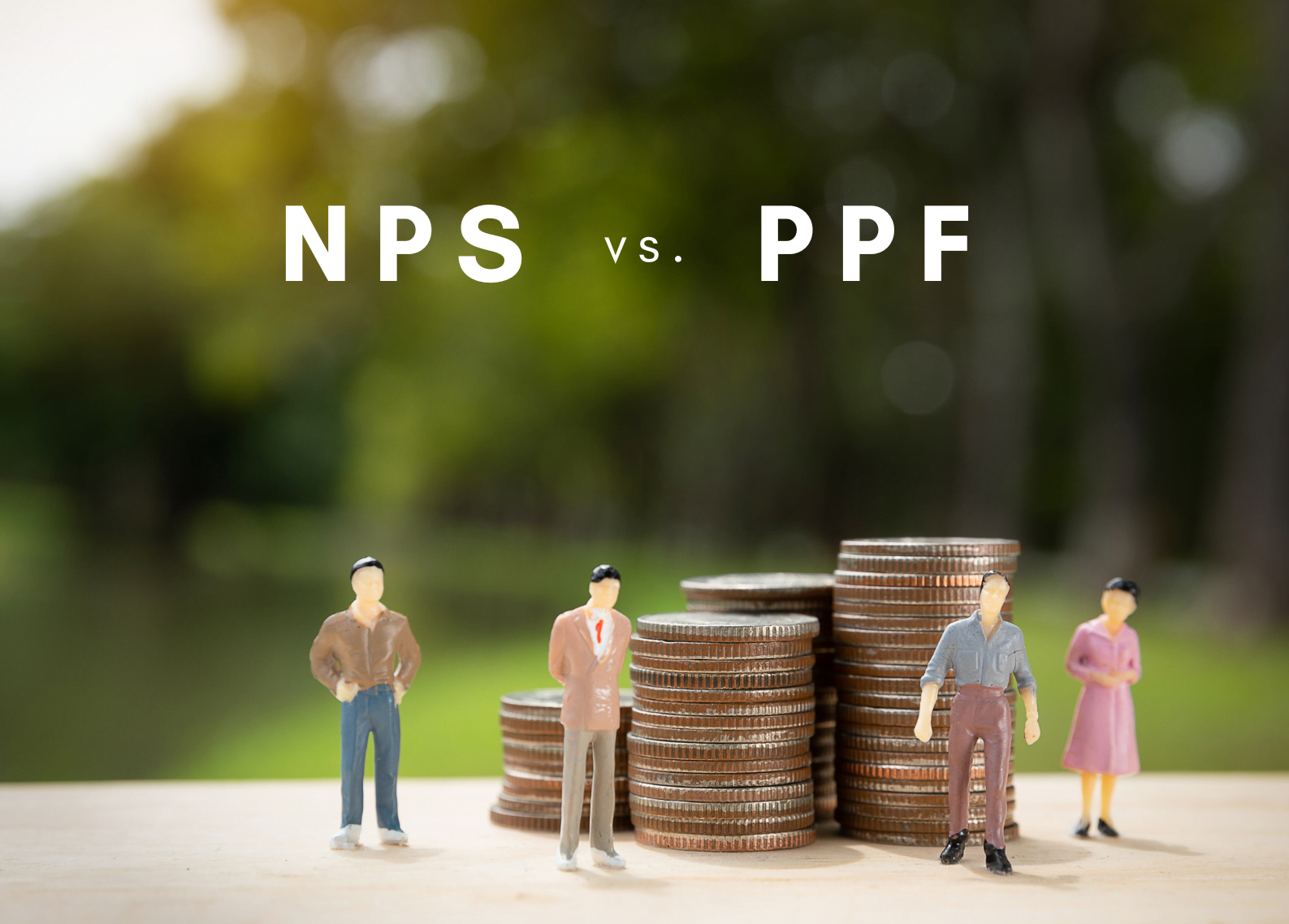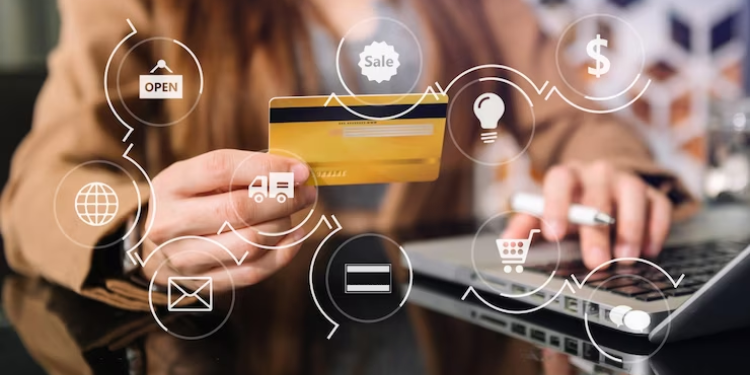

In the fast-paced world of finance and technology, the landscape of payment methods is continuously evolving. This article explores the fascinating realm of payment innovations, shedding light on the trends in transaction methods and technologies that are reshaping the way we exchange value.
Digital wallets, once a niche concept, have now become ubiquitous in the digital age. These virtual repositories allow users to store payment information securely and make transactions with a simple tap or click. The convenience offered by digital wallets has led to a surge in adoption, with users appreciating the ease of use and enhanced security features.
In a world where speed and efficiency are paramount, contactless payment solutions have emerged as a game-changer. Whether embedded in credit/debit cards or smartphones, this technology enables users to make transactions swiftly without the need for physical contact. The rise of contactless payments has not only streamlined the checkout process but has also contributed to a more hygienic and efficient payment experience.
The realm of transactions has witnessed the disruptive entry of cryptocurrency. This decentralized form of currency, powered by blockchain technology, has garnered attention for its potential to revolutionize financial transactions. Despite challenges and volatility, cryptocurrencies are becoming more accepted, offering an alternative to traditional payment methods.
The increasing prevalence of cyber threats has necessitated the implementation of robust security measures, leading to the rise of biometric authentication in payments. From fingerprint recognition to facial scans, biometric methods enhance security and provide a more personalized user experience. However, concerns about privacy and data protection linger.
Artificial Intelligence (AI) is not just a buzzword; it’s a force transforming payment processing. AI’s ability to analyze vast amounts of data in real-time makes it an invaluable tool in fraud detection and prevention. Additionally, AI-driven automation is streamlining payment processes, offering businesses and consumers efficiency and accuracy in transactions.
The era of big data has permeated into the realm of transactions, allowing for more personalized and predictive transactions. The analysis of vast datasets enables businesses to understand consumer behavior better, leading to tailored offerings and enhanced user experiences. However, the collection and use of big data raise ethical questions regarding privacy and consent.
Smart contracts, powered by blockchain, are automating and securing transactions across various industries. These self-executing contracts eliminate the need for intermediaries, reducing costs and increasing efficiency. Industries such as real estate and supply chain management are witnessing tangible benefits from the implementation of smart contracts.
Traditional cross-border transactions have long been plagued by delays and high fees. However, innovations and technologies are now facilitating smoother and more cost-effective cross-border payments. This has significant implications for global businesses and the burgeoning world of e-commerce, fostering international trade and collaboration.
The rise of e-wallets and mobile payment applications has transformed the way we handle transactions. With major players in the industry offering user-friendly interfaces and additional features, these digital wallets are becoming central to the financial lives of many. Businesses benefit from increased sales and improved customer engagement, while consumers enjoy the convenience of swift and secure transactions.
While technological advancements enhance convenience, they also bring forth security concerns. The article delves into the various security measures in modern transactions, including two-factor authentication and encryption. Striking a balance between accessibility and security remains a priority as the financial landscape evolves.
In the dynamic world of payment innovations, adherence to regulatory frameworks and compliance is paramount. Navigating the complex web of regulations poses challenges for businesses, requiring a delicate balance between innovation and regulatory requirements. The article explores the importance of oversight in ensuring the integrity of financial transactions.
As we peer into the future, several trends and innovations emerge on the horizon. The integration of multiple technologies, including AI, blockchain, and big data, is poised to redefine the landscape further. Traditional banking systems may need to adapt or risk becoming obsolete as the evolution of payment methods continues.
Despite the promising outlook, the article acknowledges the challenges and obstacles that accompany payment innovations. Resistance to new technologies, cultural considerations, and societal factors can impede the widespread adoption of innovative payment solutions. Acknowledging and addressing these challenges is essential for the sustained growth of the industry.
In conclusion, the exploration of payment innovations reveals a dynamic landscape where technology and finance converge. From digital wallets to blockchain, the evolution of transaction methods is reshaping the way we interact with money. Businesses and individuals are urged to embrace these changes, adapting to a future where the speed and security of transactions will be paramount.